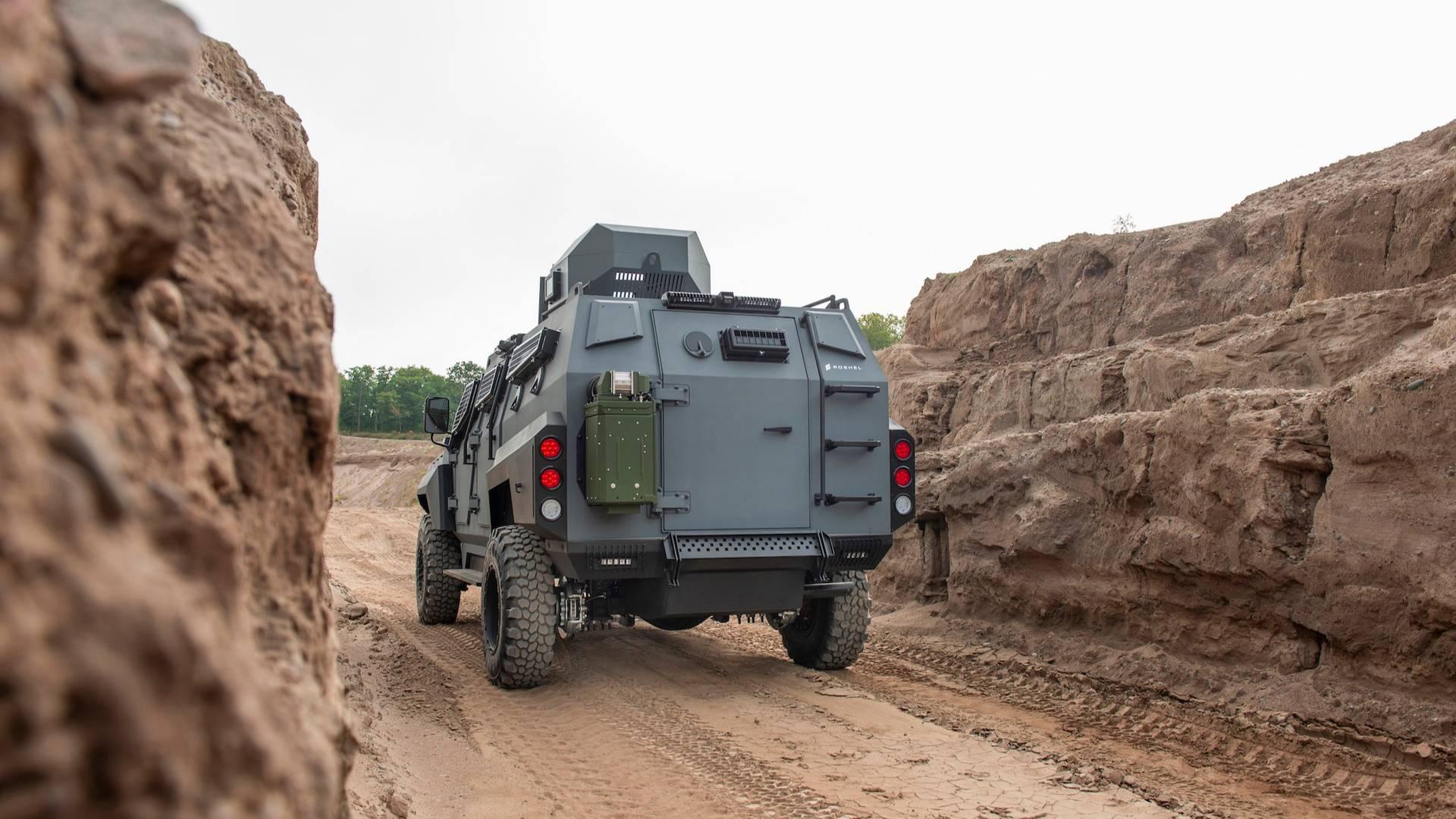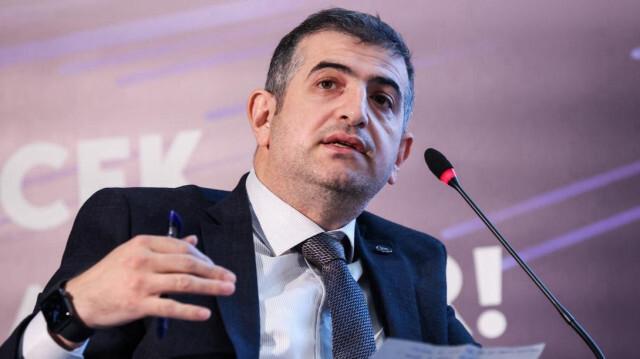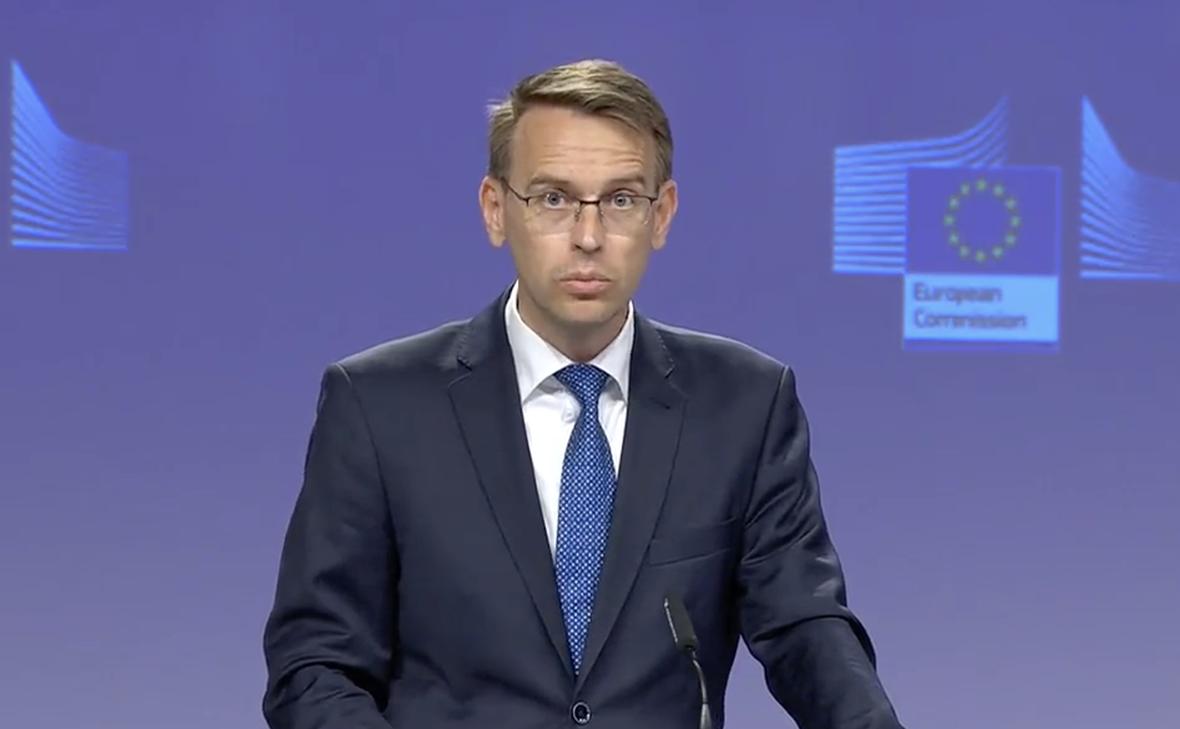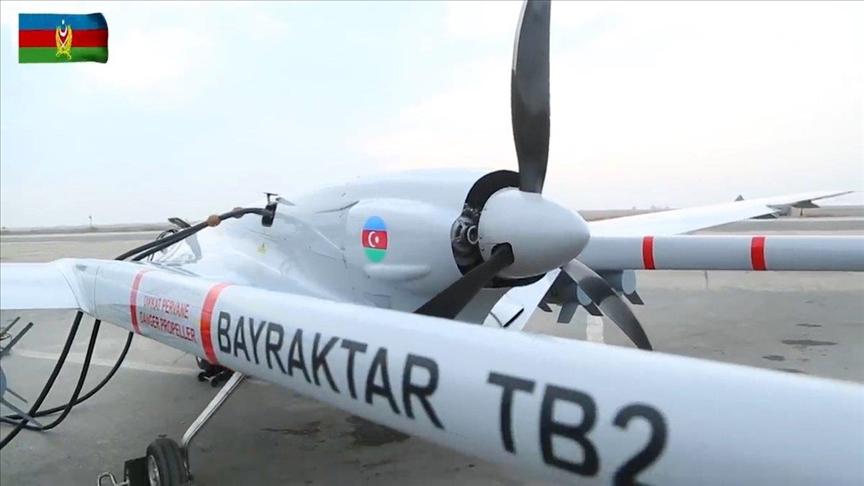Double standards exposed: Canada allows Ukraine to use military equipment in Russia Yet imposes restrictions on Azerbaijan
Canada has permitted Ukraine to use the military equipment it received from Canada on Russian territory, according to a recent statement from the Canadian Ministry of National Defence reported by CBS.
“We believe Ukrainians are the best judges of how to protect their homeland, and we are committed to supporting their capabilities. Canada does not impose geographic restrictions on the military equipment we provide to Ukraine,” André-Anne Poulin, a spokesperson for the ministry said.
News footage from CNN on August 15 showed a Canadian-made Senator patrol vehicle crossing into Russia from Ukraine. Additionally, Ottawa has sent Kyiv several Leopard 2A4 tanks, numerous armored vehicles, and M-777 howitzers.

While the specifics of Canada's relationship with Ukraine are not for us to judge, this situation highlights a troubling example of double standards. Notably, before the 44-day war, Türkiye imported Canadian electro-optical surveillance systems and laser targeting systems from Wescam, which were used in Bayraktar TB2 and TAI Anka drones. Following the impressive performance of these drones during the conflict, Canada imposed sanctions on Türkiye. This move was met with outrage by Haluk Bayraktar, CEO of Baykar Defence, last May.
“Canada imposed an embargo because we supported our brotherly country Azerbaijan in its fight to liberate Karabakh from occupation. Despite this, we continue to join hands and overcome all difficulties together,” said Haluk Bayraktar at the time.
Indeed, challenges were overcome. It was decided that Türkiye’s national drones would use the CATS electro-optical reconnaissance, surveillance, and targeting system developed by Aselsan. Today, Türkiye exports CATS' high-precision cameras to 12 different countries.

However, what about Canada? The Canadian company that supplied electronic systems and support for drones to Türkiye has suffered losses and ceased operations. While the fate of this company is of limited concern, the double standards in international policies are striking. This inconsistency is evident as other Ukrainian allies consider similar actions. They argue that under Article 51 of the UN Charter, Ukraine has a clear right to self-defence against illegal attacks from Russia, including operations on Russian territory.
In this context, it is worth recalling the statement by European Commission spokesperson for foreign affairs, Peter Stano. “Under the international law, Ukraine has the legal right to defend itself, including striking an aggressor on its territory. The EU continues to fully support Ukraine's legitimate right to defence against Russian aggression and its efforts to restore sovereignty and territorial integrity,” Stano said.

It is crucial to clearly state that Azerbaijan has consistently and vocally supported Ukraine's sovereignty and territorial integrity. Our country has sent humanitarian aid to Ukraine amounting to tens of millions of euros. But why is the attitude towards Azerbaijan so different?
And this disparity didn’t start recently; it began during the First Nagorno-Karabakh War.
In the year when Armenia occupied Shusha and Lachin, and committed genocide against the peaceful Azerbaijani population in Khojaly, no sanctions were imposed on it. On the contrary, the US Congress enacted the infamous Section 907 amendment against Azerbaijan. Instead of condemning the occupying country, the victim of the occupation was condemned. This was a glaring example of immorality, repeated by Canada following the 44-day war.
Furthermore, Azerbaijan was engaged in a liberation war. Both the First Nagorno-Karabakh War and the 44-day war, as well as the recent anti-terrorism operation, took place solely within the internationally recognized territories of our country. The Azerbaijani army did not cross the border into Armenia, nor did it seize Armenian villages or cities. Despite this, Azerbaijan faced a hysterical diplomatic campaign against it.

In the United Nations Security Council, Armenia and France demanded condemnation of Azerbaijan for implementing Article 51 of the UN Charter, which they claim gives Ukraine the right to strike Russian territory. This article was invoked to justify Azerbaijan’s actions, which were in line with its right to self-defence and territorial integrity.
A glaring example of double standards toward Azerbaijan is the position of the European Union, particularly from some of its influential representatives. Despite fully acknowledging that Azerbaijan was lawfully reasserting control over its sovereign territories, they regularly make ambiguous or even openly hostile statements against our country. Furthermore, it is well-known that discussions within EU structures even considered the possibility of imposing sanctions on Azerbaijan for restoring its territorial integrity—a paradoxical situation that raises significant concerns. Although friendly countries blocked this proposal, the mere existence of such discussions highlights a deeply ingrained and systematic injustice that European bureaucracy persistently exhibits toward Azerbaijan.
This is the world of notorious double standards, where our country must strengthen itself and pursue all its plans without being swayed by attempts to impose limitations or restrictions on us. We have fought hard to assert our right to make decisions that align with Azerbaijan's national interests, overcoming, among other challenges, the policies of those accustomed to double standards.








